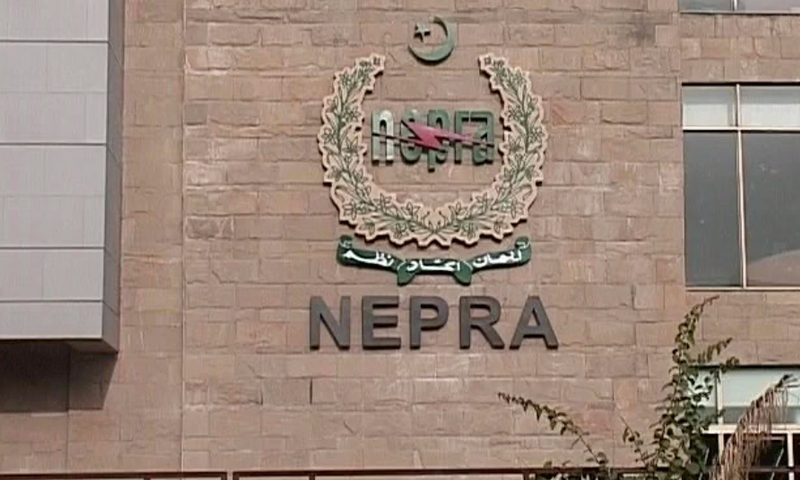ISLAMABAD: The National Electric Power Regulatory Authority approved on Wednesday a reduction of Rs2.08 per unit in electricity rates of distribution companies (except K-Electric) on account of monthly fuel price adjustment. The tariff reduction will be passed on to consumers in April.
Nepra directed the Central Power Purchase Agency and National Transmission and Dispatch Company to impose a Rs3 billion fine on independent power producers for not maintaining mandatory fuel stocks. The decision was taken on a request of the CPPA at a public hearing presided over by Nepra vice chairman Habibullah Khilji.
Know more: Nepra cuts power tariff for three regions
The CPPA’s representatives explained that Nepra had set a reference fuel price of Rs11.36 per unit for January, but the actual fuel cost turned out to be Rs9.28 per unit because of reduction in oil prices, requiring a cut of Rs2.08 per unit in power tariff.
It was reported that the highest share of furnace oil-based plants at 45.4 per cent in total power supply was generated at Rs10.26 per unit while 9.42pc generation came from high speed diesel with an average cost of Rs15 per unit, followed by 23.3pc generation from natural gas amounted to Rs4.2 per unit. Only 13pc generation came from hydropower with zero fuel cost while fuel cost of 5.65pc generation from nuclear power cost came at Rs1.17 per unit.
Also read: Nepra approves reduction in K-Electric tariff
The tariff cut will not apply to lifeline consumers using less than 50 units per month. Nepra separately wrote to the CPPA and NTDC to impose Rs3.5bn fine on IPPs for short fuel stocks. Most of the IPPs were bound by their agreements to keep 30 days of fuel stocks and some of them were required to have 15-day stock, but due to shortage of fuel in January they had to operate on high speed diesel as an expensive alternative fuel.
The IPPs will now be required to bear the burden of price difference, instead of passing on the impact of their failure to maintain stocks to consumers.
Published in Dawn, March 19th, 2015
On a mobile phone? Get the Dawn Mobile App: Apple Store | Google Play














































Dear visitor, the comments section is undergoing an overhaul and will return soon.